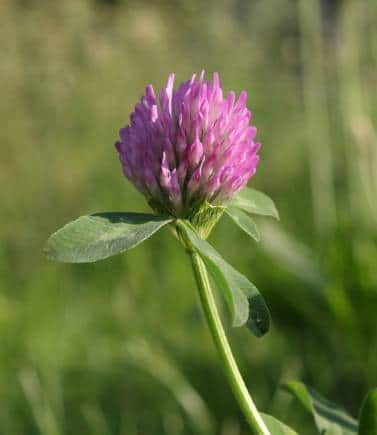



You pit it against pilsner, pale, stout or whatever style of beer from whichever part of the globe, you wouldn't find a match. Your palate might have never touched anything as unique as this. For making sure, you order another beer with yet another fancy name, and ready up for yet another adventure.
Welcome to Lithuania, a small country in northeastern Europe with a population of just 3 million.
 In the annals of history, we learn how the country and its people went through a lot under various colonial powers. It underwent Polonization when the native language was forced to take a back seat, and later Russification during the 19th and 20th centuries. Any other culture would have disappeared forever, but Lithuania held on to its nerve, seeking refuge in its tenacious village culture, forests, food, and beer.
In the annals of history, we learn how the country and its people went through a lot under various colonial powers. It underwent Polonization when the native language was forced to take a back seat, and later Russification during the 19th and 20th centuries. Any other culture would have disappeared forever, but Lithuania held on to its nerve, seeking refuge in its tenacious village culture, forests, food, and beer.
Yes, beer indeed.
If you want to know how deep beer runs in Lithuania, check what happened after the city of Biržai was destroyed by the Swedes at the beginning of the 18th century. To spring back to their old glory, the local people had to rebuild their old city from scratch. Priorities had to be set for restoring structures that were completely gutted. Where to begin! The castle, the church, the school all vied for their attention. But the locals knew where to begin. They started with first raising up the local brewery.
While other Baltic countries like Latvia and Estonia gave up their struggle at some point in history before the might of the colonizers, Lithuania held on to its culture.
Along with local cuisine and other cultural elements, a love for beer also held Lithuania together as a country. Also to its advantage, Lithuania's mostly rustic character never charmed its colonisers. True, Soviet Union exerted its power on the country for long, and nationalised its alcohol production, but it still didn't make any serious effort to kill the favourite pastime of Lithuanian villagers - beer making.
So cut the crap and tell us what is special about Lithuanian beer, I can hear you asking.
The soul of Lithuanian beer has been its farmhouse production. Villagers brew beer at their homes using malt they make from locally harvested grain. Those poor men never had gone to any school to study the science of brewing, but instead picked the basics from their parents, who again got them from their parents and so on. (With only a few centuries of written text in the Lithuanian language, the origins of these recipes are impossible to track down.) It could only be by trial and error that Lithuania might have reached what it is brewing today in its villages.
 Red clover (Image: George Chernilevsky/ Wikimedia Commons)
Red clover (Image: George Chernilevsky/ Wikimedia Commons)The farmers grow their own hops. For yeast, they have their own strains dried from the last batch of beer they made. Once a batch is finished, they collect it on a piece of cloth and keep it inside a well. A traditional practice. Lithuanians also add unusual ingredients as clovers, peas or raspberry leaves to the beer to give a twist to the flavour.
Unlike other European countries, you need not travel deep into villages to get your hands on craft beer. Almost all bars in Lithuanian cities provide these exotic farmhouse ales sourced from such deep pockets inside the country.
Discover the latest Business News, Sensex, and Nifty updates. Obtain Personal Finance insights, tax queries, and expert opinions on Moneycontrol or download the Moneycontrol App to stay updated!
Find the best of Al News in one place, specially curated for you every weekend.
Stay on top of the latest tech trends and biggest startup news.